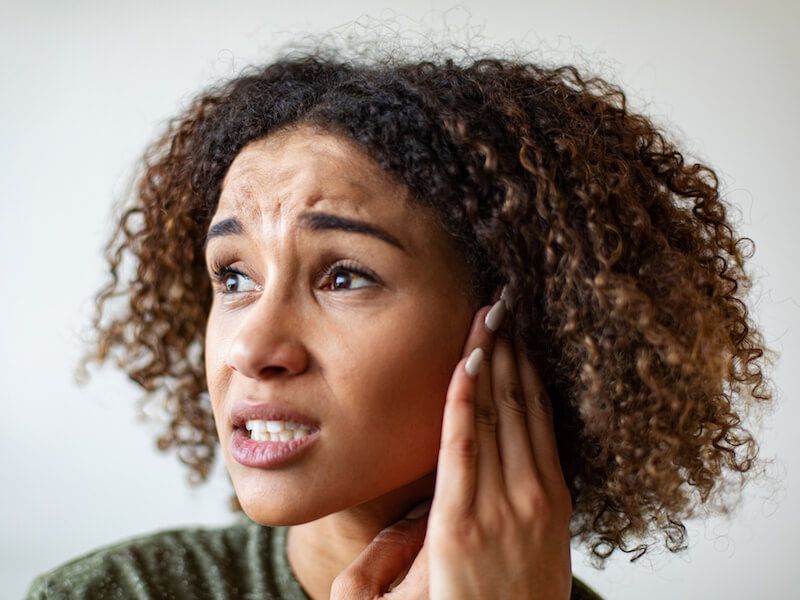Try These Three Easy Steps to Limit Hearing Loss

The first thing to do, when you start to recognize that you have hearing loss, is to eliminate further damage. There are, after all, some simple measures you can take to safeguard your ears and minimize further hearing loss.
Step 1: Keep Your Ears Clean
Remember learning to make sure you clean behind your ears when you learned general hygiene (or at least should have learned). But it’s actually the inner ear we’re worried about cleaning when it comes to hearing health, rather than behind the ears.
Keeping your ears free of wax buildup can help your hearing in a number of different ways:
- Your brain and ability to interpret sound will ultimately be affected by untreated hearing loss.
- Unkempt ears increase your chances of getting an ear infection, which causes inflammation that (when severe enough) interferes with your hearing. Your hearing will return to normal after the ear infection clears.
- Earwax accumulation also interferes with the functionality of your hearing aid if you use one. You may end up thinking that your hearing is going downhill because of this.
- Sound can be blocked from reaching the inner ear when there’s too much wax accumulation. Consequently, your ability to hear becomes weakened.
You never turn to the use of a cotton swab to try and dig out built up earwax. Further damage can be done by cotton swabs and they will frequently make it even harder to hear. Over the counter ear drops are a better opinion.
Step 2: Avoid Loud Noises
This one should almost be left off the list it’s so intuitive. But determining how loud is too loud is the real issue for most individuals. Over an extended time period, for instance, your ears can be damaged by driving on a busy freeway. Also, surprisingly, your lawn mower can take a toll on your hearing. As you can tell, it’s not just blasting speakers or loud rock concerts that harm your ears.
Here are a few ways to stay away from damaging noise:
- Staying away from cranking the volume up on your headphones when you’re listening to music or watching videos. Most phones include built-in alerts when you’re nearing a dangerous threshold.
- When you can’t avoid noisy environments, use hearing protection. Do you work on a loud factory floor? Going to a rock concert? That’s fun. But be certain to use the correct protection for your ears. A perfect illustration would be earplugs or earmuffs.
- When volume levels get too loud, an app on your phone can alert you of that.
Damage to the ears from noise doesn’t happen abruptly, it progresses slowly. So, even if your hearing “seems” good after a noisy event, it may not be. Only a hearing professional can give your ears a clean bill of health.
Step #3: If You Have Any Hearing Impairment – Have it Treated
Generally speaking, hearing loss is cumulative. So recognizing any damage early on will help prevent additional injury. That’s why getting treated is extremely important in terms of limiting hearing loss. Practical treatments (that you follow through with) will put your hearing in the best possible condition.
Here’s what you can expect:
- Hearing aids prevent the brain strain and social solitude that exacerbate hearing loss-related health issues.
- Our guidance will help you learn to protect your hearing because it is customized and personalized for you.
- Some, but not all damage can be avoided by wearing hearing aids. For example, hearing aids will stop you from cranking your television volume up so loud it damages your ears. Hearing aids will prevent additional degeneration of your hearing by stopping this damage.
You Will be Benefited in The Future by Decreasing Hearing Loss
Although it’s true that there’s no cure for hearing loss, getting treatment for your hearing loss will help prevent further damage. In many cases, hearing aids are one of the primary ways to achieve that. The correct treatment will help you preserve your present level of hearing and prevent it from getting worse.
Your allowing yourself the best possibility for healthy hearing into the future by wearing ear protection, getting the proper treatment, and exercising good hearing hygiene.


